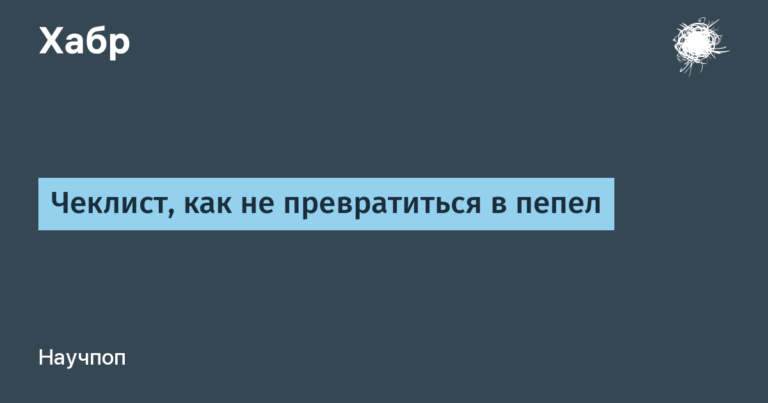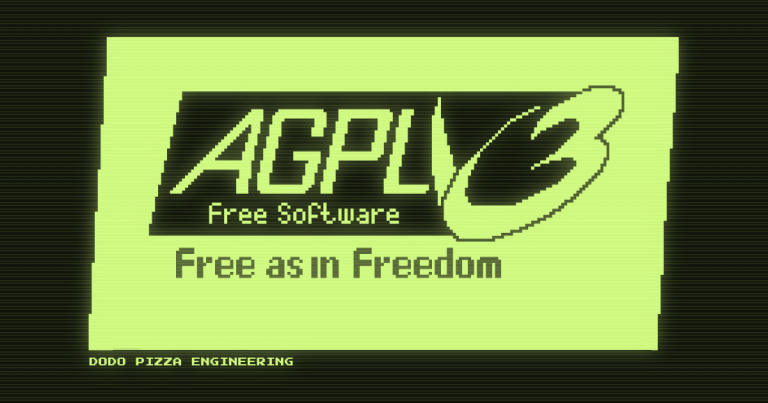How to hold a business event without turning it into a talking shop with a coffee break
After several years of successful and not so successful cases in consulting, we realized that as long as there is no intermediary between business and scientists, developments are not interesting to business. We held the first event, which was supposed to connect business with science, and science with consulting reality.
Disclaimer: we are scientists who do consulting. And I will speak from the standpoint of science first of all. But we held an event for our potential clients, we succeeded, so I’m sharing this experience. If any of what is said below seems strange to you or, conversely, too obvious, then I will be glad to receive feedback from more experienced readers in the comments 🙂
Since 2015, we have been engaged in applied economics, publishing articles in top-field journals and trying to ensure that these results help business and the government to establish processes.
We had several successful and very large-scale cases in economic consulting, but we were still far from a stable flow. And although in science we got almost everything we could wish for, working with business follows completely different laws. From that moment on, we began to invest not only in development, but also in the product itself.

Why the developments of scientists are in the shadows
There are many things in business processes that can be improved with the help of scientists. Here I will not talk about areas like engineering, chemistry or software development, when there is a final material product – there the idea of involving scientists in business does not seem strange. I write about economists and mathematicians who optimize processes and help companies save money and achieve their goals.
Over the past few years, we have managed to work with diverse businesses and the government. We were able save the company 2 billion in the 2019 crab auction and then gave Rosrybolovstvo recommendations on how to conduct new auctions (we cannot guarantee their use)). We became the authors of a new algorithm admission to universities 2025, which took into account the mistakes of previous seasons and which should give better results for both students and universities. Our employees are engaged in optimization in retail (tasks of transportation, warehouse location and scheduling). And our colleagues since 2019 have been match calendar for the Russian football Premier Leagueto make tournaments more convenient for players and more profitable for organizers.
It sounds cool, they were happy for each case as if they were a child :)) But their success is difficult to repeat: the case is either too rare or not scalable. This made us very sad. Often consulting for a company (not rocket-science, one of the retail giants) led to months and even years of free negotiations with vague requests.
Any major changes in business processes meet resistance, even if they ultimately make a profit. In order for a business to introduce some kind of knowledge-intensive solution, it needs to:
· he has a need for it (most often there is a rather vague description, far from the technical specification, in the style of “go there, I don’t know where, bring that, I don’t know what”)
· a match has arisen with a team that can implement the request
· it is also desirable that these changes do not force the redesign of all related processes, then any optimizing initiative will get bogged down
· And most importantly: you need a connecting link. We need a person/team who will recognize the need, find a ready-made solution and turn the technology/article into a product.
Why was the event needed?
Mathematics and economics help solve social problems, but this is not obvious to people. Example: online reservation systems for visa slots. There are many other similar booking systems, their weak point is resellers who steal some of the potential clients and money. Their number can be minimized if you properly build a booking mechanism and deprive resellers of the opportunity to receive profits. This is a job just for mathematical economists who understand how to make the market “client-friendly”.
About a year ago, we had an idea: in order to change this, we need to try to systematically tell people from business and government agencies about which projects could reveal the potential of economic science. And at the end of 2023 we met Elena Pushkova, the head of the Pyro agency, she deals with events for science. Together we put this together into a coherent concept and decided to make a meeting like this.
Format
This was not a warm-up for sales of our services, it was not a round table discussion, and there was no networking of big people for the sake of posts on social networks.
This was our first organized attempt to talk about what good can come from the symbiosis of economics and business. One of the difficult stages of preparation was the search for contacts – we wanted to invite people to the event who, on the one hand, had already achieved a lot in business and management, and on the other hand were ready to actively participate. They had to be interested in thinking in terms of big changes, and we were able to find them.
We gathered about 50 guests, and the vast majority stayed until the end. There were a couple of people who left with strong negativity, but why is another story :)) I’m just writing honestly, we also often catch hate.
There were two parts:
Part 1: Panel discussion
Our scientists spoke, their speeches were supplemented by the moderator – Igor Rozhdestvensky, the guests asked questions)
Topics of speeches:
· What is mathematical economics and how it helps business and the state (they talked about our cases with auctions and the university admission system)
· Operations Research – optimization in retail (we talked about what mathematicians are already doing, and what else can be done)
· Economic consulting abroad – our employee talked about how Nobel laureates run their consulting firms and why it works in America and Europe, but not here yet.
· The concept of “University as a marketplace” – about what a university might look like, in which science solves business problems, and business makes science relevant and relevant
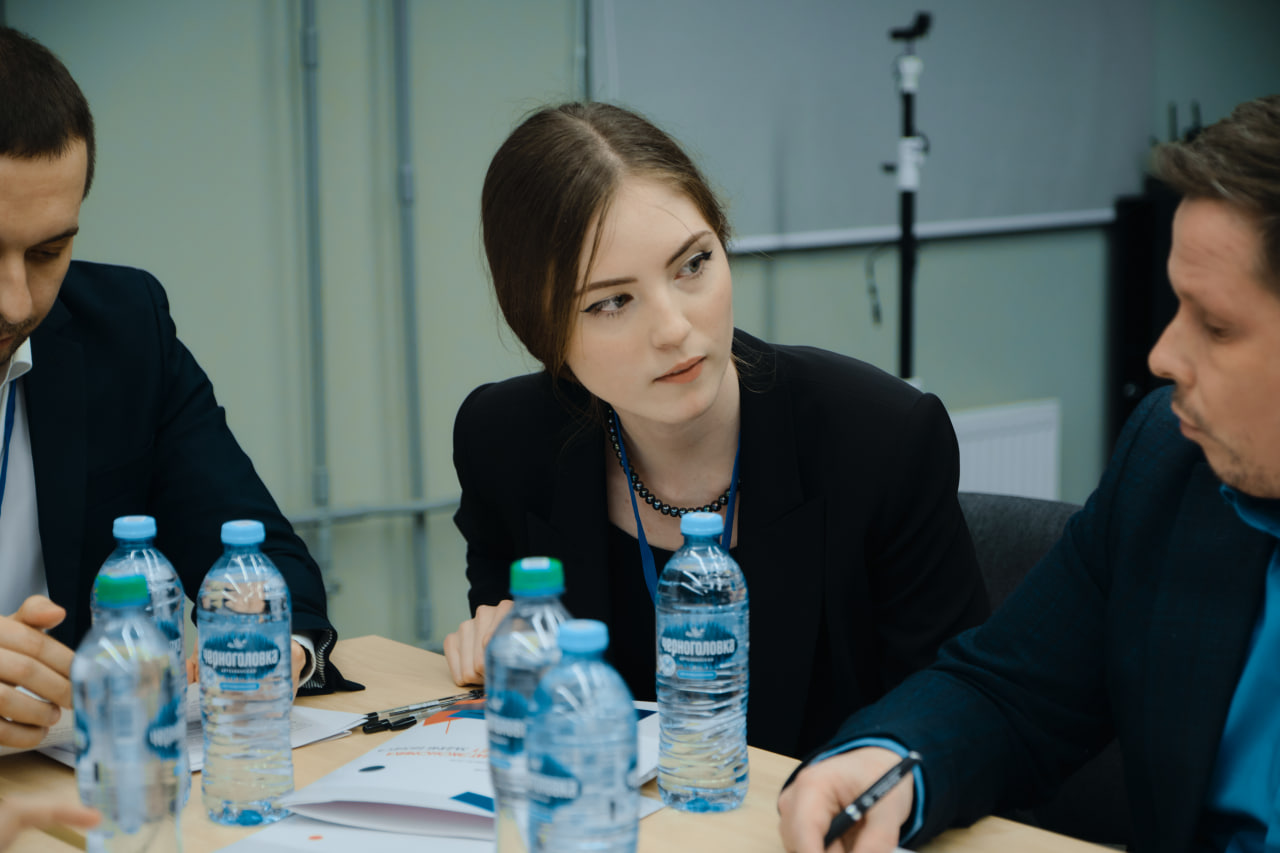
Part 2: Round tables
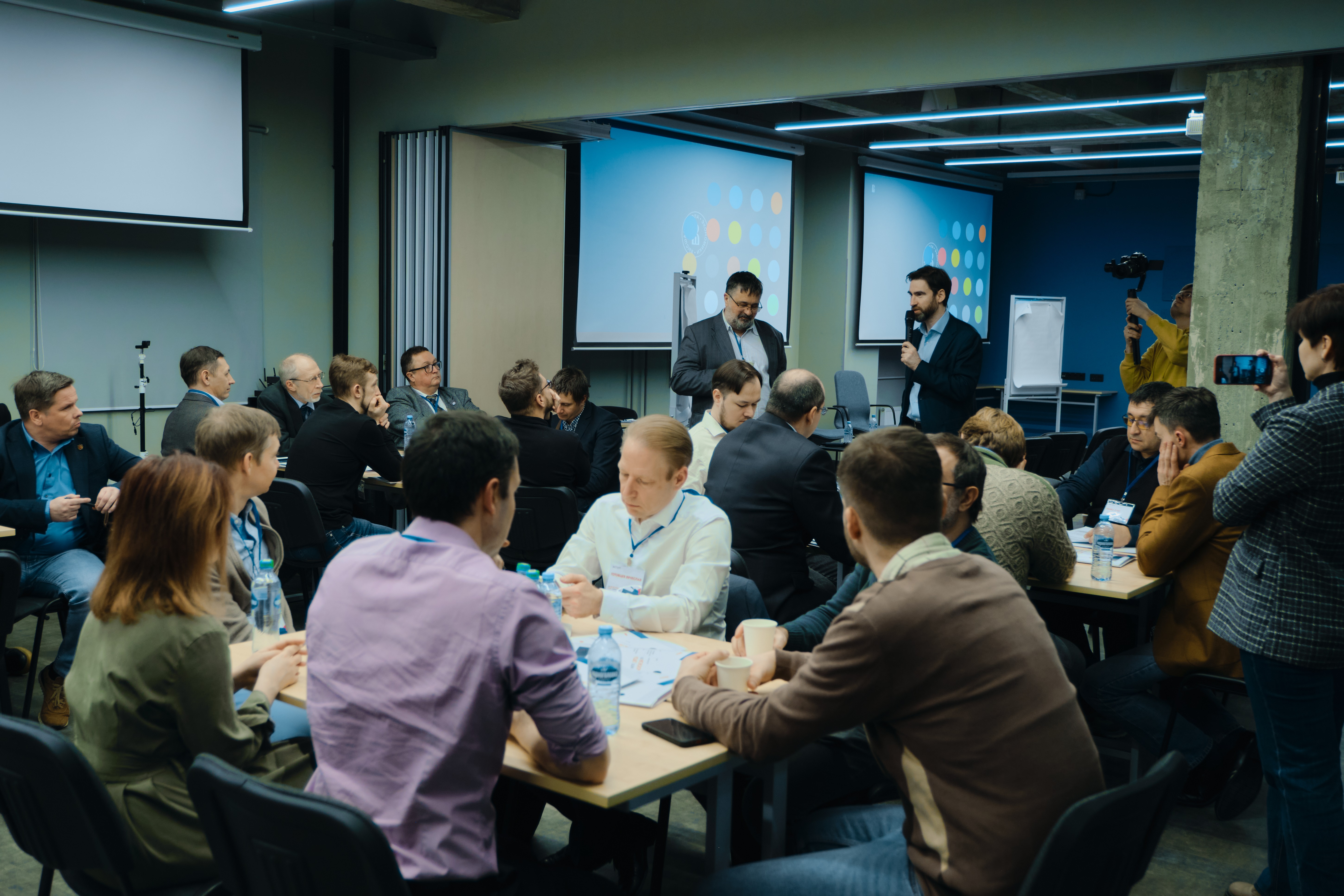
Even during the coffee break after the first part, discussions began on the applicability of our solutions in different areas of business. For example, one of the comments sounded like this:
Your story about auctions is good. But it may be too “model” and mathematized. Is this like real life?
And at the round tables, we invited the guests to reflect and remember cases from their own practice when they lacked the help of scientists.
To make the discussion more effective, we tried to seat people with different expertise at the same table – in some places they were entrepreneurs or heads of innovation departments, in others representatives of science and technology parks, in others people from ministries.
It really went well – everyone suddenly got involved, put forward hypotheses and argued constructively. I was especially pleased with the following feedback:
In the first part of the event, I didn’t quite understand why you were telling us this, but now I understand – this is not selling ready-made, packaged services – this is an attempt to bridge this huge gap between science and business.
The role of success stories
A cool moment in the first part is a piece of Oleg Baranov’s speech, where he talked about why economic consulting works abroad, but not here. In addition to working at HSE, he is still affiliated with Power Auctions LLC – one of the world's leading consulting agencies in the field of auctions. In his words:
When Larry Ausubel (one of the leading experts in the field of auction design) came up with the idea of creating such an agency, I began working from a small room in his home. And a few years later, after a series of high-profile auctions took place, we moved to an office for 50 people.
And this is not the only success story from economists: Paul Milgrom (with whom the aforementioned Ausubel worked), the current Nobel laureate, also founded his own economic consulting agency – Auctionomics. It was his knowledge and skill that played a key role in the outcome of the famous cellular auctions (you can google spectrum auctions), when the UK, thanks to the correct auction design, was able to gain 2.5% of its GDP.
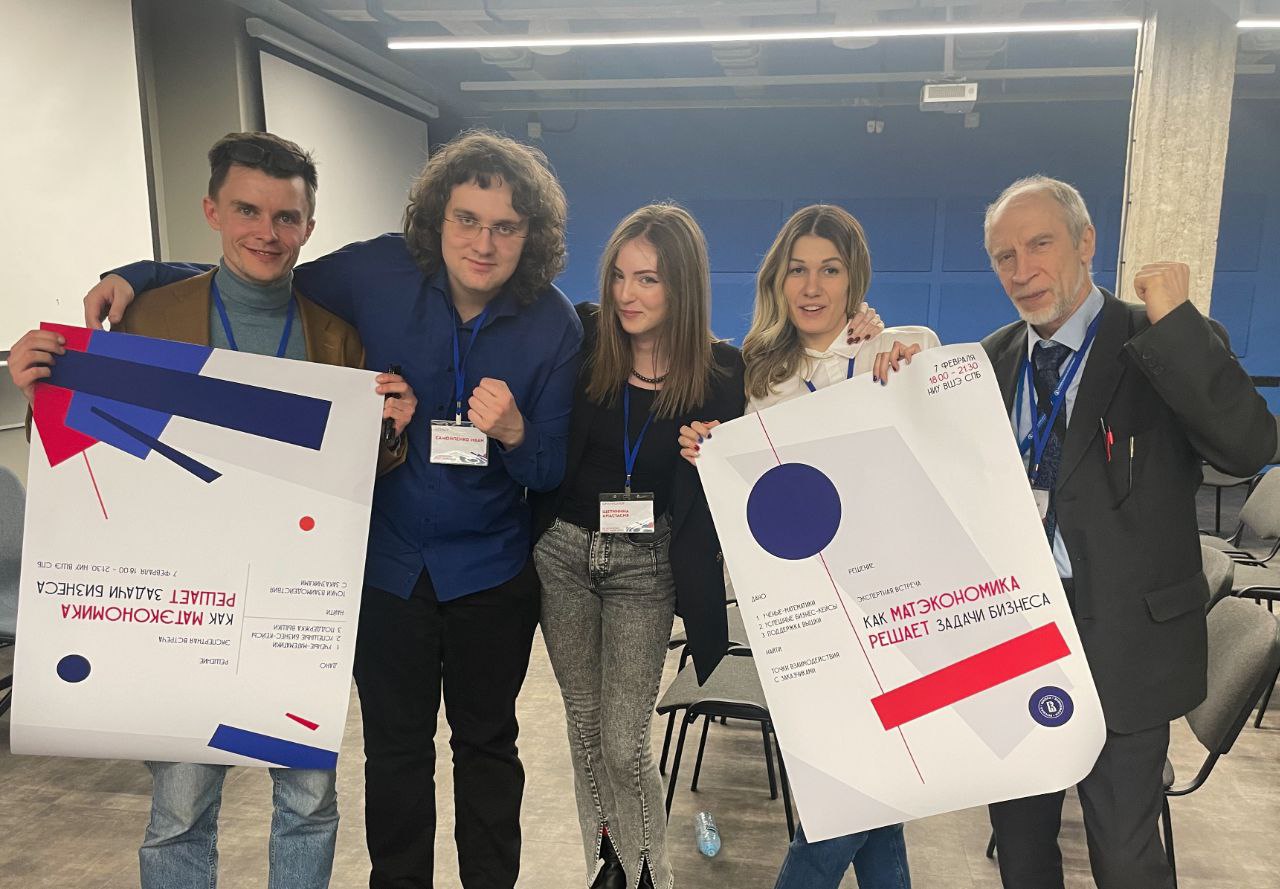
Beware: entering the territory of subjectivity
It is very difficult to break the inertia of a common belief about the economy and some other things. It looks like this: if you start talking about auctions from a scientific point of view, they will most likely not understand you. Because the first thing people think about when they are told about tenders/purchases/auctions is a bad reputation. We hear something along the lines of “everything is so difficult and bad that you don’t even have to try.”
But we believe that the problem can be solved. We collected feedback after the event: people who initially came with slight distrust then told us that we managed to convince them.
The main thing: usually a tech broker is one person. He helps the company with his virtual phone book with top clients and understanding of who, what and when to sell.
He is difficult to find (easy to lose)), he is a rare fish in his niche. But the main thing is that he cannot understand everything. It is unlikely that the contacts of a person who sells software for IT companies will be just as useful to you in your field, which is far from software.
And we found a solution – these are events of this format. Through them, you artificially, with your own hands, create a new “mini-market” for your services. Potential clients themselves tell what they need, and potential performers will look at the range of tasks and evaluate their complexity. So, in the second part of the event, we immediately received contacts of all those people who were interested in working with us.
The magic is that we would never have known what pains the leaders of these companies had if not for the round table.
More…
Thanks for reading! Some of the statements (especially at the end) were the opinion of only the author of the article; one can and should argue with them. I would be glad if you share your experience of holding events for clients in the comments 🙂
The author's channel with news from the world of economics, education and love for science 🙂

